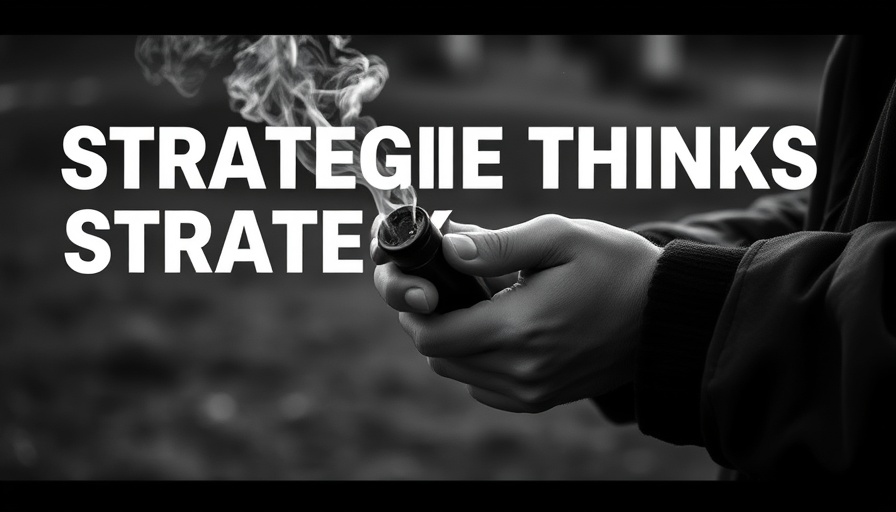
Understanding Your Triggers: The Key to Effective Leadership
In the high-pressure environment of a dealership, understanding emotional triggers is crucial for management success. Triggers—those instinctual responses to stimulus—can dictate reactions in challenging situations, especially when under the scrutiny of a team or customers. Recognizing what specifically pushes your buttons allows for a proactive approach rather than an impulsive reaction.
Redefining Responses to Triggers
Leadership roles often bring about numerous triggers—from a challenging customer complaint to the pressure of quarterly sales goals. For instance, encountering someone who questions your decisions might immediately prompt defensiveness. However, a wise leader steps back, replacing a potentially explosive response with curiosity. "Could you elaborate on that?" can transform a confrontational moment into a constructive dialogue, ultimately enhancing team collaboration and customer satisfaction.
The Importance of Emotional Intelligence in Automotive Sales
Emotional intelligence—the ability to identify, understand, and manage emotions—becomes a significant asset in the automotive industry. As a leader, practicing self-awareness surrounding your triggers not only aids personal growth but establishes a culture of emotional intelligence within your team. By modeling intentional responses in the face of adversity, you encourage employees to adopt similar strategies, fostering a more resilient working environment.
Strategies for Managing Your Emotional Triggers
To effectively navigate potential triggers, consider the following strategies:
- Self-Reflection: Regularly evaluate your experiences in high-stress scenarios. Recognizing patterns in your emotional responses prepares you for future interactions.
- Action Plans: Anticipate which situations cause emotional upheaval and decide in advance how you will respond. For example, when faced with an upset customer, prepare a calm, reassuring phrase to guide the conversation.
- Practice Mindfulness: Incorporate breathing exercises or even brief meditative practices during stressful times. This approach can help maintain your focus and clarity during critical interactions.
Applying Triggers to Improve Customer Satisfaction
In dealership settings, understanding customer triggers is equally as important. Sales staff can benefit from using positive triggers—such as friendly greetings or genuine questions about customer needs—to create a welcoming environment. This psychological strategy shifts the potential frustration of car buying into a positive experience, enhancing overall customer satisfaction and loyalty.
Conclusion: Embrace Change and Take Action
Recognizing your emotional triggers isn't just about managing yourself; it's about setting a standard for your team and improving customer relationships. As a leader in the dealership world, take the time to explore your triggers and develop positive coping strategies. Not only will this drive your effectiveness, but it will also advance your dealership's reputation and operational success.
Ready to enhance your leadership skills? Consider exploring more on emotional intelligence in your workplace to benefit your team and your customers.
 Add Row
Add Row  Add
Add 

 Add Row
Add Row  Add Element
Add Element 




Write A Comment